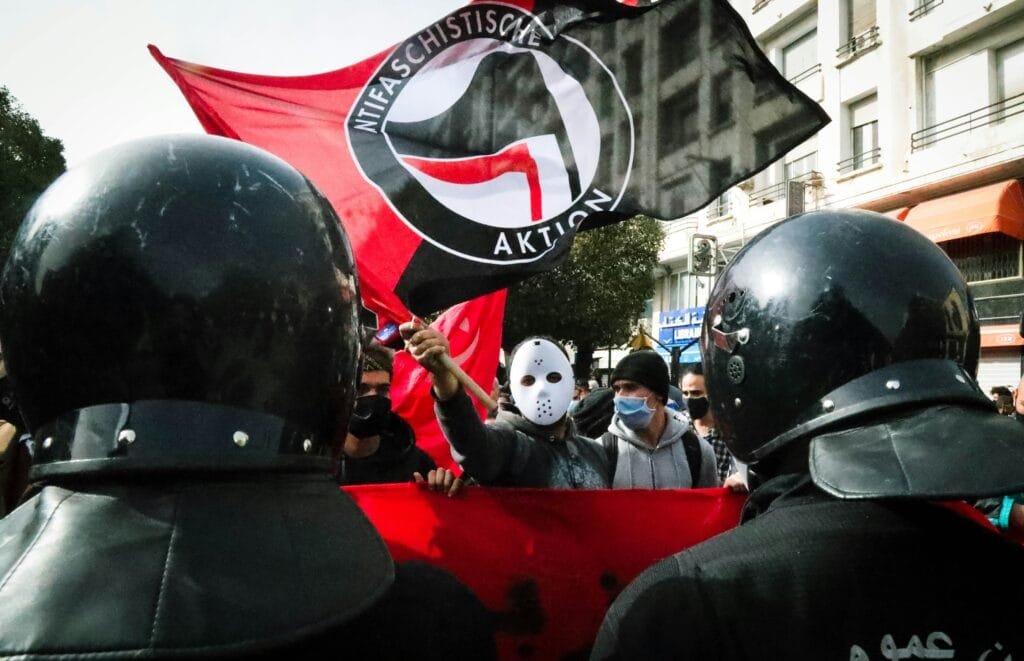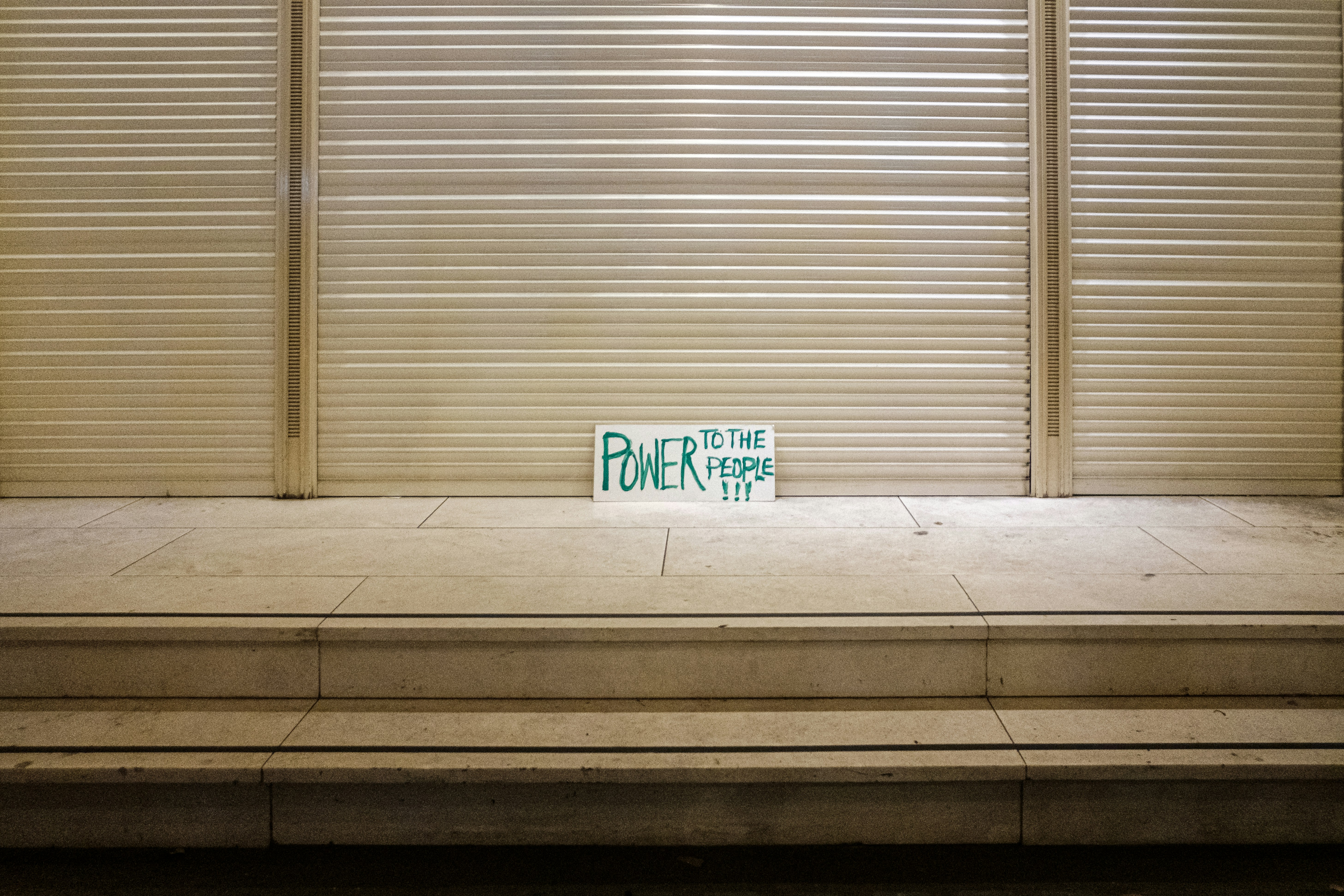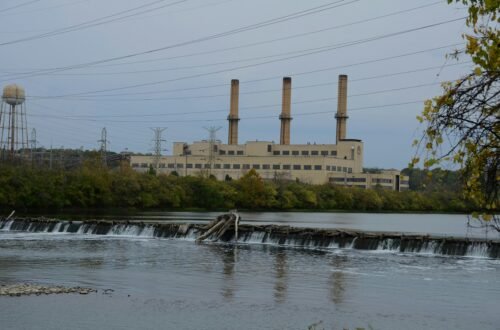U.S. Political Discourse: Trump’s Insurrection and Aftermath

The Insurrection and Its Implications
On January 6th, 2021, the U.S. witnessed an event that would alter the course of its political landscape significantly. Supporters of Donald Trump stormed the Capitol in a desperate attempt to overturn the electoral results. Among these individuals was David Dempsey, who was recently sentenced to 20 years in prison for his violent actions, including beating police officers with flag poles and broken furniture.
The Unconventional Pardon
In a move that has drawn both admiration and ire, Trump granted a pardon to Dempsey, citing his loyalty to the former president as a reason for this unprecedented act. This decision raises crucial questions about the genuine meaning of law and order as promulgated by the Trump administration. Many view this not merely as a matter of legal leniency but rather as an effort to reward those who participated in a violent uprising for political purposes.
Fascism and the Silencing of Dissent
Critics argue that Trump’s actions signify more than a breach of legal norms; they embody a descent into fascism where dissent is quelled, and loyalty is reprised with legal immunity. The rhetoric surrounding the sentencing and pardoning of individuals, like Dempsey, leads one to ponder the disturbing reality that has emerged. The call for harsh punishments, such as sending dissenters to “gulags” reminiscent of El Salvador’s dark past, is emblematic of a governance style that prioritizes the elimination of opposition rather than the maintenance of democratic principles.




